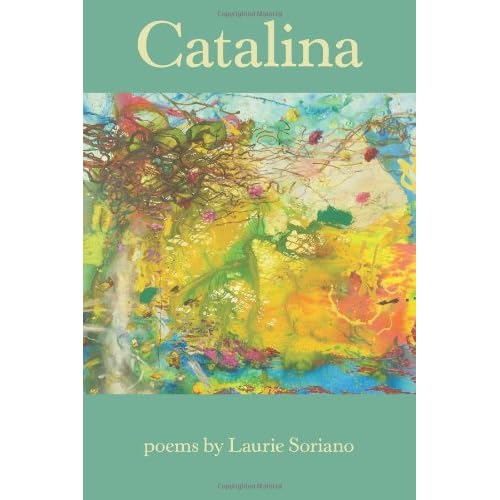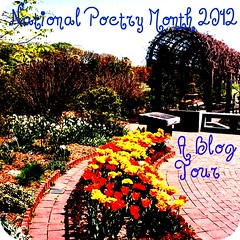
There are some satiric qualities to these poems as well, like in “Betty’s Dive,” where a young woman takes on a dare and pays the ultimate price, and those issuing the dare laugh at what they think is her mock “dead-man’s float” until realization slowly creeps over them. There is a great sense of irony in some of Soriano’s poems as well, such as the “no dogs” sign that is clearly the subject of many dogs’ walks in “Venice After Work.”
In addition to the deft use of these literary devices, the poet also clearly ties her poems together as a story unfolds, and it is most prominent in the movement from “Red Wine” to “Crash.” In “Red Wine” (pages 44-5), the narrator is descending into the alcoholic abyss of her father: “. . . My hands/grip the flesh of their waists as I stumble/further toward the land of my father,/the shifting land of regret and soggy laughter./” and “I ask daddy if we want win. He fills/our glasses like love, daddy never loved me/like wine, and we start thinning our blood/with this red stuff, our words flow/like liquid, we laugh fit to bust, and/we walk home arm in arm,/like we never did.//” In “Crash” (pages 46-7), the narrator has followed the path of her father with her drinking and now driving along, experiences the worst kind of regret and shock: “the effect of all our causes,/you and I shuttle separately to the spot//where our masses would marry/and your blood would stain the street./For a moment, one of those out of time,/we hung in the air, as breathless as sweethearts,/before we came together, your motorcycle/tearing a path through my car,/as your body flew/three car-lengths forward.//”
Soriano’s poetry is highly emotional, leading readers into tumultuous memories and through happier times, and in many ways, her poetry reminds me of the poetic prose of Beth Kephart. Each writer’s words are chosen carefully and it shows — quiet little powerhouses of emotion that grab the heart strings and do not let go, though they may release their stronger grip for a moment or two depending on the mood of the poem. In Part three — “Being Here” — Soriano emphasizes the “in-the-moment” nature of experiencing new life and parenthood, which can include struggle and joy.
Catalina by Laurie Soriano is more than stunning; it’s luminescent. It’s a collection that will stay with readers long after reading, and will share a space on the shelves with those books that you’ll want to re-read again and again. One of the best collections of the year, and unconventionally, this review is going to end with my favorite lines:
From "To the Attacker" (page 42-3) You've slashed apart the ripe abandon of my trust, torn away the quietude I wore like a dress. I am left with what is in the box.
Other Indie Lit Award Poetry Panel Reviews:
Diary of an Eccentric
Necromancy Never Pays
About the Poet:
Laurie Soriano is the author of Catalina (Lummox Press 2011). Her writing has appeared in Orange Room Review, FutureCycle Poetry, Flutter Poetry Journal, Gloom Cupboard, Heavy Bear, and West/Word, among others. She is also a music attorney, representing recording artists and songwriters and others in the music industry. She lives in Palos Verdes, California with her family.
Please also check out her interview for the Indie Lit Awards.
***For Today’s National Poetry Month blog tour post, visit Mr. Watson.***
This is my 30th book for the 2012 New Authors Challenge.
This is the 12th book for my 2012 Fearless Poetry Exploration Reading Challenge.









